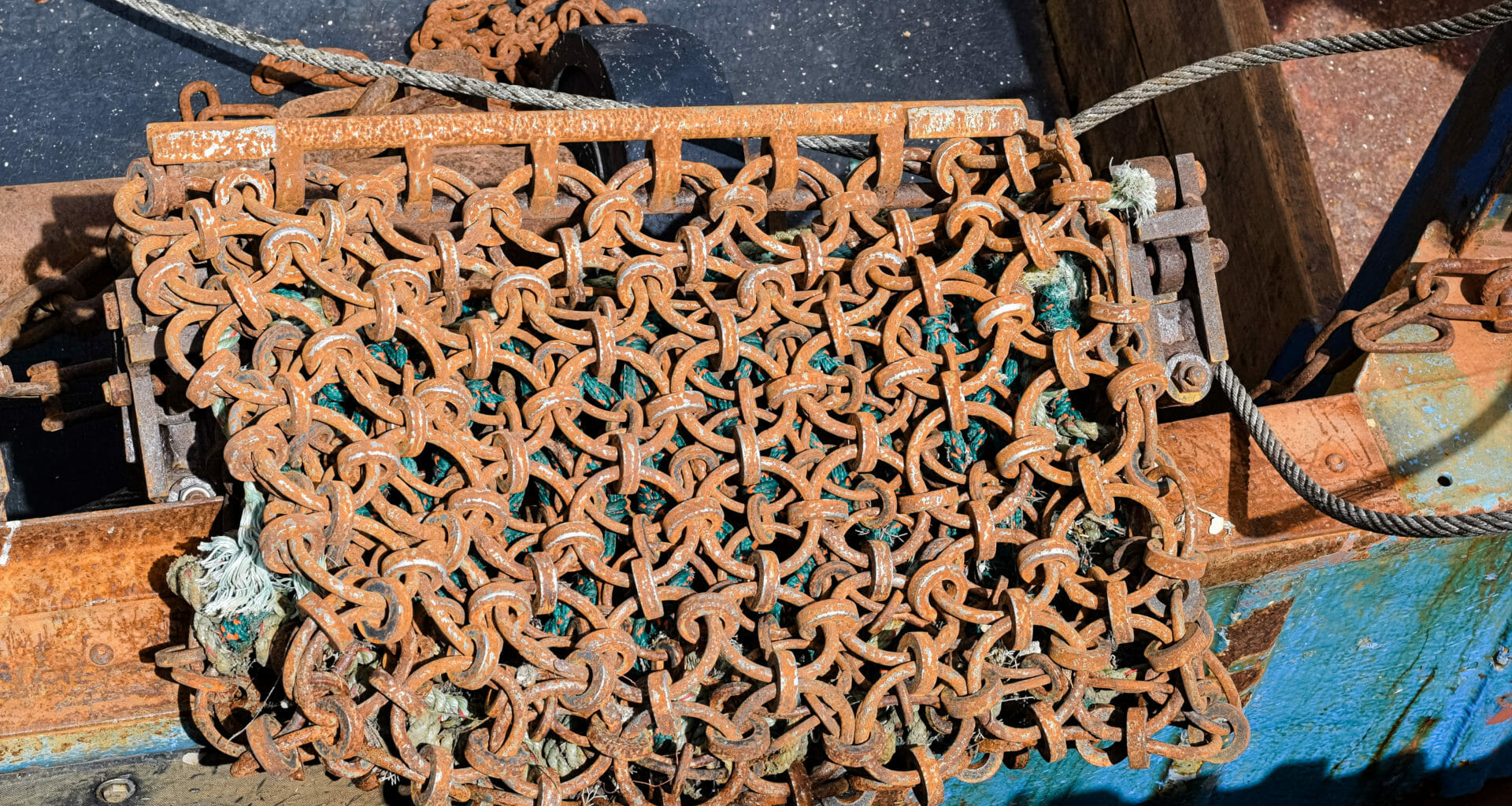The locations of protected waters around Scotland where illegal scallop dredging allegedly took place during lockdown have been obtained by The Ferret following a freedom of information request.
The Ferret reported in December that six fishing boats entitled to nearly £22,000 of taxpayers’ money from Covid-19 relief funding had been investigated for illegal fishing since March 2020.
Dredging for scallops can damage ecosystems on the seabed and is banned in Scotland’s marine protected areas (MPAs), which are supposed to protect rare habitats and species. But illegal fishing, as reported by The Ferret in recent years, remains a problem.
Dredgers allegedly targeted the Firth of Lorn, a special area of conservation (SAC) in the Southern Hebrides protected for rocky reef habitats which support species that are “amongst the most diverse in both the UK and Europe”.
Another incident allegedly took place in the Loch Sunart to Sound of Jura MPA which includes an underwater landscape created by glaciers during the last ice age. This has been shown to support resident mature common skate which breed in the area.
Suspected illegal dredging was also reported around the Treshnish Isles SAC, a remote chain of uninhabited islands and skerries situated in south-west Scotland which support a breeding colony of grey seals.
Elsewhere, incidents were also reported at Enart Bay Seasonal Closure and the Southern Inner Sound Protected Area which is home to flapper skate, off Skye.
The Scottish Government said that of six investigations conducted three were not progressed because key facts relating to the initial reports could not be corroborated. A further three investigations remain ongoing.
It emerged in December that since March 2020 Marine Scotland compliance had received “a number of reports, involving six vessels, in relation to suspected illegal scallop dredging” in MPAs or other closed areas. A report does not mean that illegal activity of any kind has taken place, but they are all investigated.
Environment secretary Roseanna Cunningham revealed the figure in an answer to a question tabled in the Scottish Parliament by Mark Ruskell MSP, of the Scottish Greens.
The Ferret subsequently asked the Scottish Government if its fisheries agency Marine Scotland could provide details of the incidents including where they took place and the names of boats involved. We also asked if any of the vessels’ skippers had received taxpayers’ money through Covid-19 relief grants.
The Scottish Government declined to provide this information except for the protected areas where suspected scallop dredging took place.
Nick Underdown, of campaign group Open Seas, said: “This shows suspicious activity by scallop dredge vessels continues around some of the most ecologically sensitive parts of our coastal waters. And these reports are themselves an incomplete picture of what is going on.
“The sad fact remains that the Scottish Government has no idea where many scallop dredge vessels are operating because they have yet to complete the roll-out of remote electronic monitoring of the scallop fleet, something which Ministers first promised in 2015, then again in 2018 and, last July, after the pandemic had begun, set the deadline of April this year.”
In 2015 the Scottish government committed to establishing vessel tracking on boats by 2020. But the rolling out of remote electronic monitoring (REM) equipment has been delayed. At present over 30 percent of Scottish scallop dredge vessels are fitted with REM systems, including cameras.
This shows suspicious activity by scallop dredge vessels continues around some of the most ecologically sensitive parts of our coastal waters.
Nick underdown, open seas
A Scottish Government spokesperson said: “The Scottish Government investigates all allegations of illegal activity thoroughly and will act to enforce the law and rules governing fishing where illegality has been found to have taken place. We would encourage anyone who suspects illegal scallop dredging to report it so that it can be immediately investigated.
“Scotland is leading the way by enabling responsible fishing through its modernisation programme. This includes rolling out remote electronic monitoring (REM) to Scotland’s scallop dredge fishing fleet to help improve fisheries management and activity in marine protected areas. We are continuing to roll REM out in the scallop fleet through our voluntary approach and this will continue until the summer 2021. We have been clear that we will introduce legislation to make it a mandatory requirement by the end of 2021.”
Photo courtesy of iStock and Pictureview














